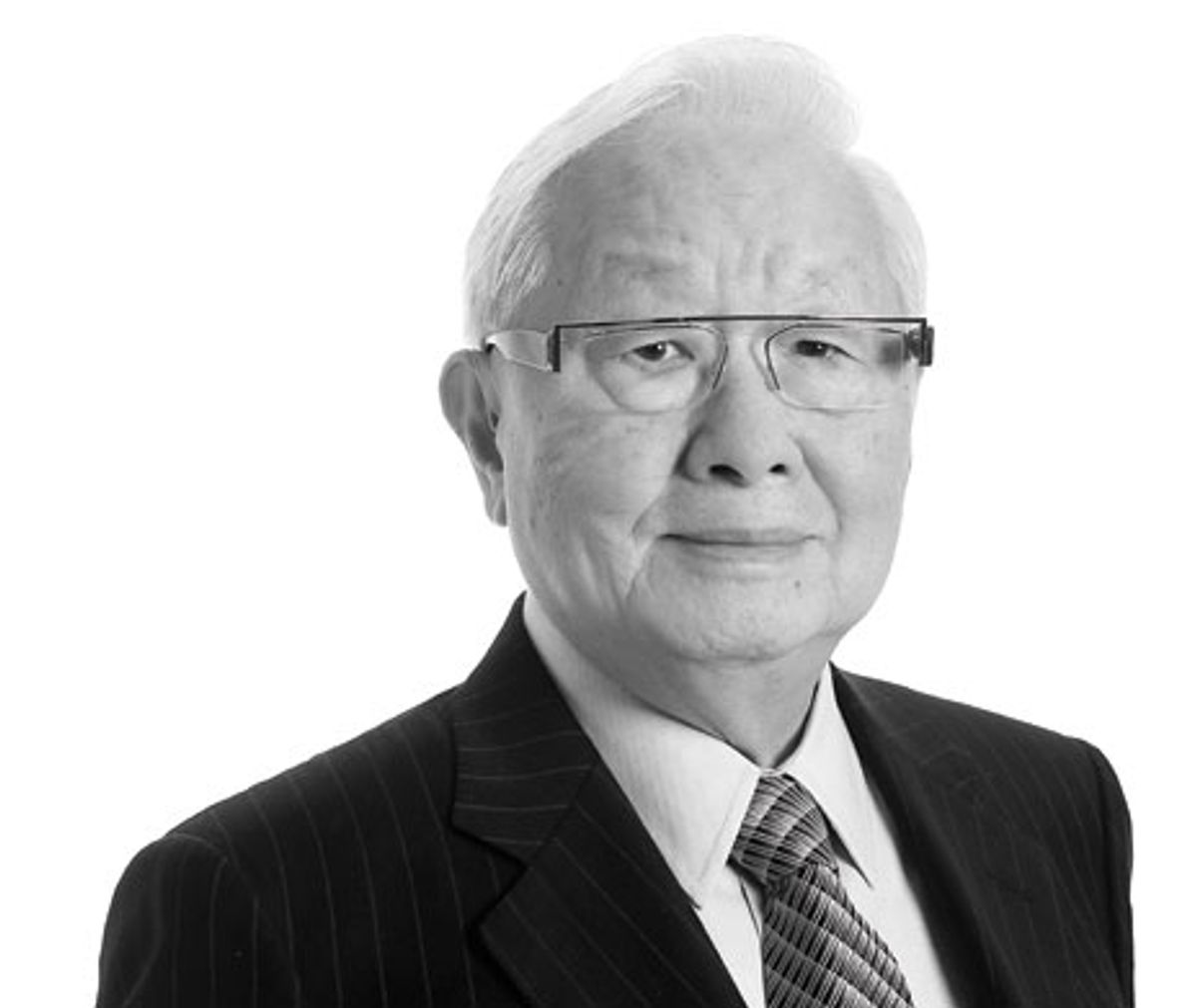Having spent several hours talking with Chang last year, I could have told Apple or Qualcomm that their offer was a nonstarter. For one, Chang is big on loyalty. And going exclusive would have meant dumping long-term customers like Nvidia; TSMC does virtually all of NVidia’s manufacturing. Chang cares so much about his customers, Nvidia CEO Jen-Hsun Huang told me, that Chang showed up to visit Huang to sort out some questions about capacity in the middle of Chang's honeymoon.
“That is the person he is,” Huang said, “so concerned about doing the right thing that he wanted to look me in the eye and hear it for himself.”
The outspoken executive is also big on control. Chang left a high-level job at Texas Instruments when it became clear his path didn’t lead to the executive suite, and, though in his 80s, has shown no signs of stepping down from the top post at TSMC. So I don't see him as someone who is going to put himself in the position of taking orders from another company, even for a billion dollars. Chang also remembers the days when startups had a hard time getting their products produced, and is proud that TSMCs existence fosters innovation. Innovation in recent years, he told me, would have been much slower without the existence of TSMC. I think he'd feel guilty if he had to close his doors to the next generation of startups.
All is not lost for Apple and Qualcomm—Chang is offering the companies exclusive use of a single factory; he’s just not giving them his whole company. And, given today’s tight semiconductor market, that’ll be an offer they can’t refuse.
For more insight into Chang, see Morris Chang: Foundry Father.
Follow me on Twitter @TeklaPerry.
Tekla S. Perry is a senior editor at IEEE Spectrum. Based in Palo Alto, Calif., she's been covering the people, companies, and technology that make Silicon Valley a special place for more than 40 years. An IEEE member, she holds a bachelor's degree in journalism from Michigan State University.




